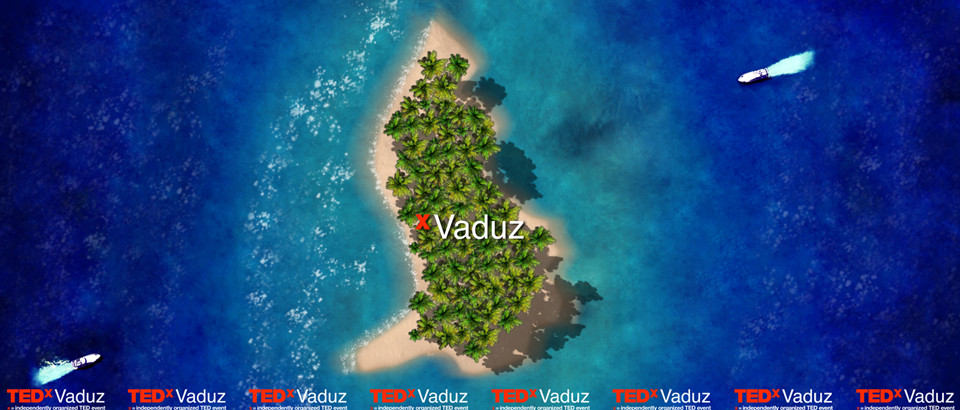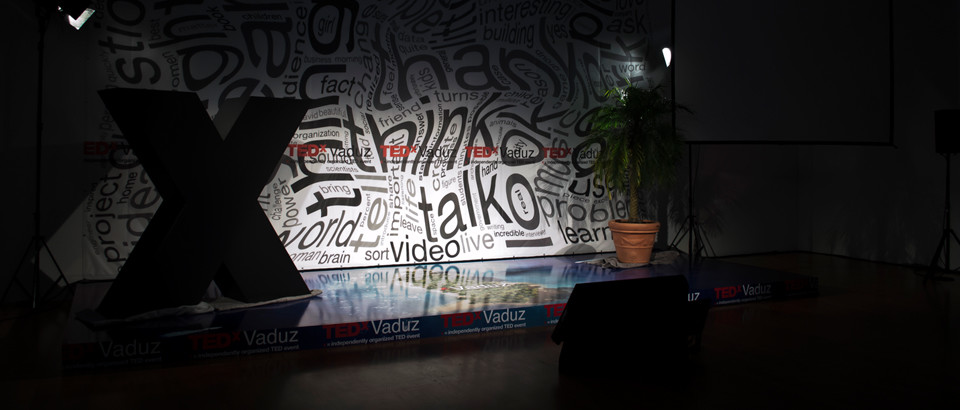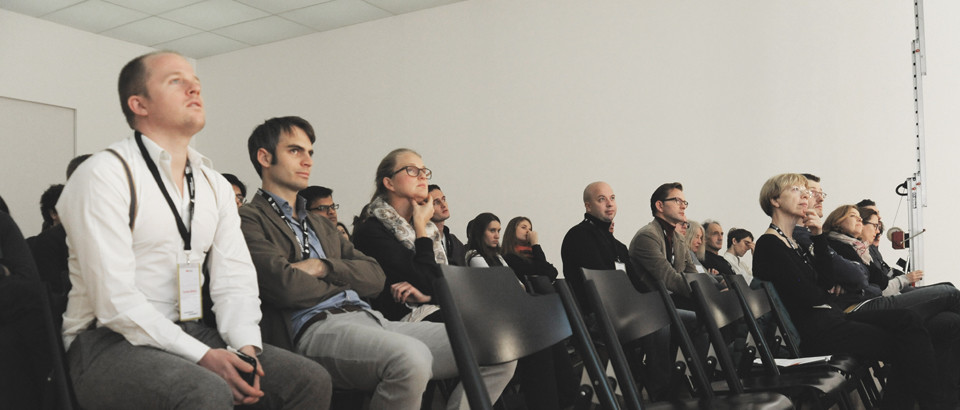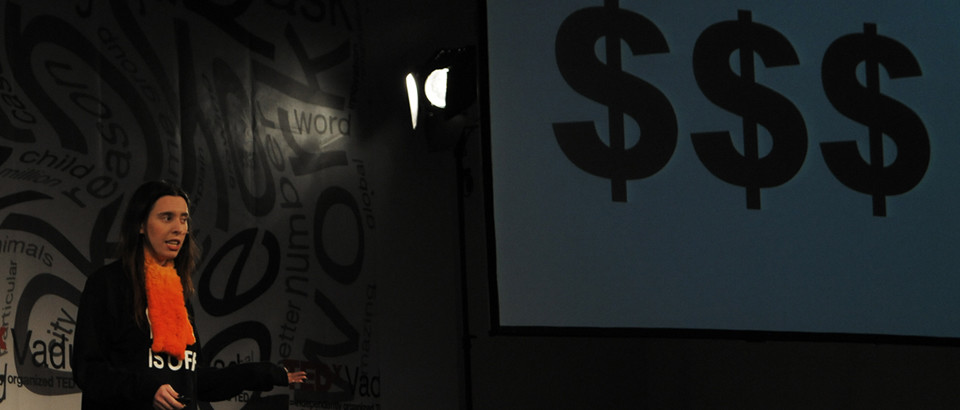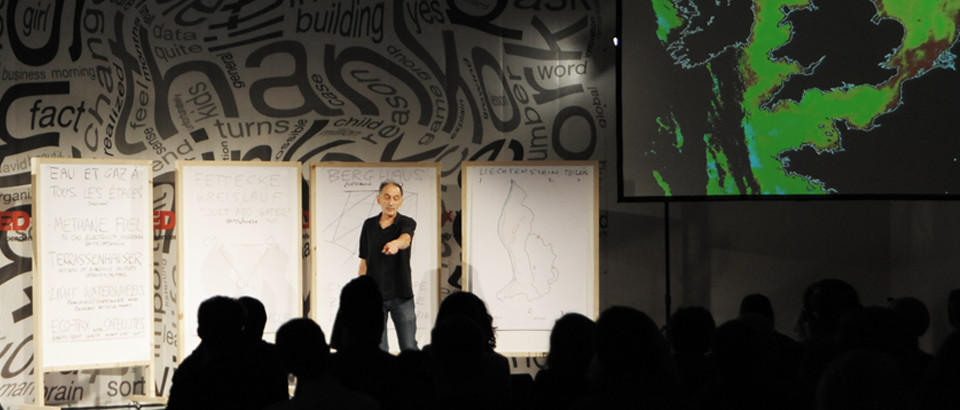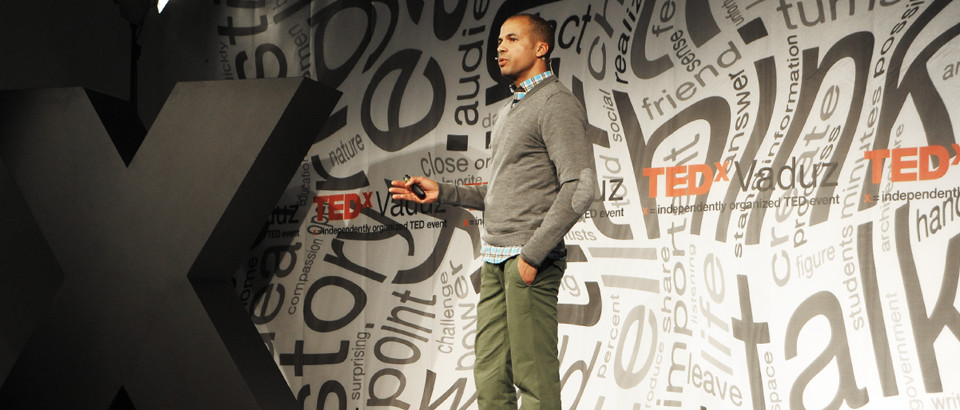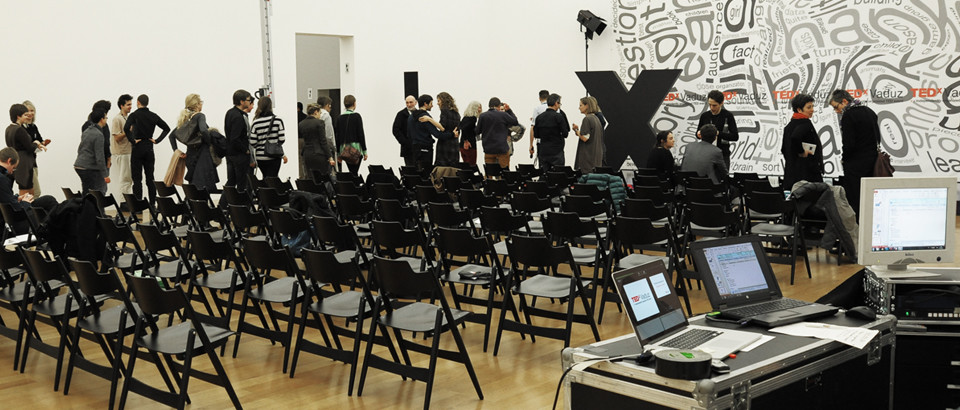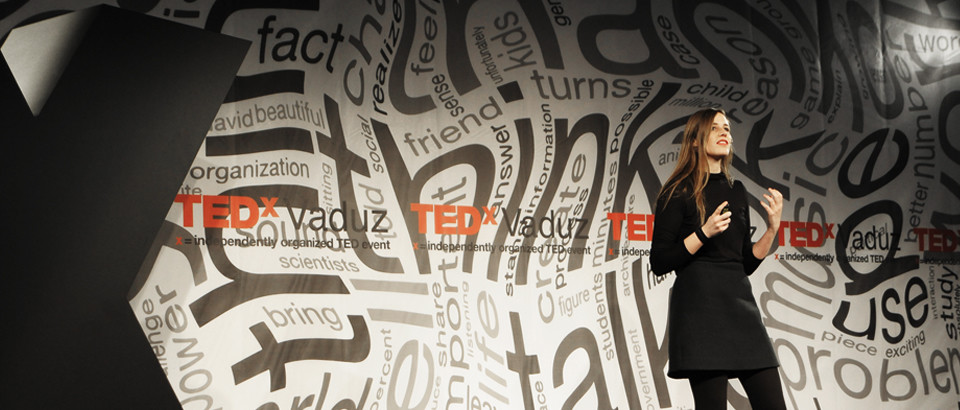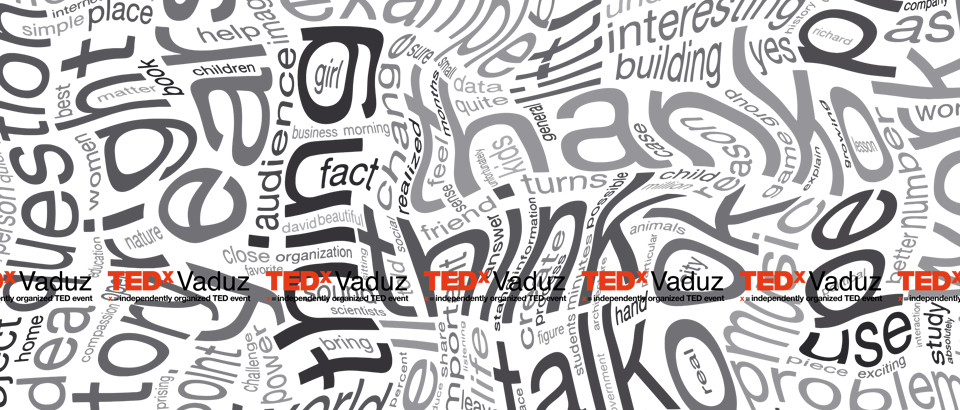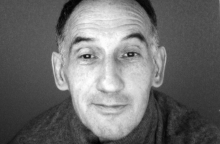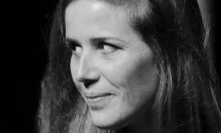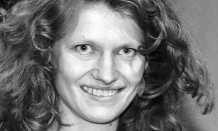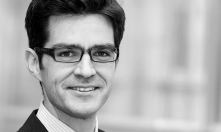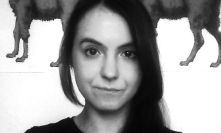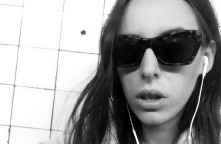
Peter Fend
After showing at Documenta (1992) and the Venice Aperto (1993), then producing a book with editor Peter Weibel, Ocean Earth (1994), I discovered that all along I was doing what Leon Battista Alberti in the 1400s called Architecture. That’s deploying the technologies that assure for a city, or inhabited area, four needs: air, water, circulatory space and defence. A decade of sales to global news media of civil-satellite imagery, with analysis, was defence. Models and tests were produced in Vienna, London, Bristol, Chicago and the Mojave Desert for earthworks and wastes-to-keratin cycling, to ensure sufficient fresh water. Ultra-light waterwheels were designed to replace dams, which harm rivers (e.g., the Lech). For circulation without damaging soil, I designed and built models of megastructures that straddle over ground, or indent into slopes, to minimize interference with animal habitats. For clean air, I deploy buoyed, submersible rigs and rowing/sailing vessels for regular harvest of both fresh and offshore water plants to yield zero-emissions methane or hydrogen. Walk-through models of action sites, produced for the Sharjah Biennial, Smart Museum of Art (Chicago), Arnolfini (Bristol), pioneered at American Fine Arts Co., New York. A global version, for an Antarctic-centred planet (including Global Feed oceanographic-satellite imagery in a viewing station) is practiced in public spaces of world cities as NEWS ROOM. All such tasks are researched and executed with colleagues in Ocean Earth Development Corporation (NY/NZ).
Andi Götz
Andi Götz (b. 1959, Swiss and Italian citizen, works in Liechtenstein) has dedicated almost all his working life to public benefit purposes; earlier he was a joint partner in a legal practice in Chur, Switzerland. Aged 30, he shifted to sustainable development in non-profit organizations. From 1990 to 1996 he was executive director of the Bergwaldprojekt (Mountain Forest Project Foundation) in Switzerland, an organisation for volunteers working in forested areas, bringing them closer to nature through their work (bergwaldprojekt.ch). From 1996 to 2012 he was executive director of CIPRA, the International Commission for the Protection of the Alps (cipra.org).
Femke Herregraven
Femke Herregraven (b. 1982, lives in Amsterdam) is a designer and researcher. Herregraven’s work traverses the contemporary realms of global finance, geopolitics, network power and information politics. Her research and speculative scenarios address the deconstruction of power structures and the exploration of possible alternatives. Her work consists of texts, printed materials, information design, games, drawings and installations. Projects include Geographies of Avoidance (ongoing), Schizophrenic Assets (2013), Taxodus, (2013), Hyper-butter, Mana-batteries (2012), Art Reserve Bank (2011-ongoing), Caribbean Mirage Zuidas (2011), and Expo 2020 Gbadolite (2010). Geographies of Avoidance addresses the financial offshore system and avoidance of financial regulation; Herregraven is currently working on high-frequency trading.
Michaela Hogenboom Kindle
Michaela Hogenboom Kindle (b. 1986, Dutch, living in Liechtenstein) is co-founder of SymBioSE Community and SymBioSE Consulting. Her mission is to foster a connected and sustainable society in the Alp-Rhine Valley region and beyond. She graduated from the Master’s Program in Strategic Leadership towards Sustainability at Blekinge Institute of Technology, Karlskrona, Sweden. Previously, she has been the Dutch Youth Representative on Sustainable Development to the United Nations and worked as a Process Coordinator for Sustainable Development at HAN University of Applied Science, Netherlands. She has a BA in Human Resource and Quality Management and performed graduate research at Enviu—Innovators in Sustainability. Hogenboom strongly believes that we humans are able to live in balance with each other and our natural surroundings, raising the quality of life for all. This calls for a societal change and a shift of paradigms. In her opinion an entrepreneurial spirit, passion and personal leadership play a crucial role in this transition.
Michael Littger
Michael Littger (b. 1976, Munich, lives in Berlin) is Managing Director of DsiN – Deutschland sicher im Netz, a non-profit organisation that raises consciousness and strengthens confidence in new technologies by encouraging a secure approach to the Internet and digital world. Littger is author of various publications on the process of digital transformation; his compendium Cloud Computing – Wertschöpfung in der digitalen Transformation, 2013, provides guidelines for the future of cloud services in Germany. Littger is a member of several boards and committees, including the ICC Commission on the Digital Economy; the task force IT-Sicherheit in der Wirtschaft, Federal Ministry of Economics and Technology, Germany; the Think Tank Collaboratory e.V.
Michel André Maréchal
Michel André Maréchal, (b. 1979, Swiss and French citizen, works in Zürich) is a behavioural economist conducting interdisciplinary research crossing the boundaries of economics, psychology, political science, criminology and biology. He has a strong empirical focus, employing laboratory and field experiments, often in collaboration with corporations, non-profit and governmental organizations. From 2004 to 2007 he pursued doctoral studies at the University of St. Gallen, Switzerland, before transferring in 2007 to the Department of Economics, University of Zurich, where he worked as a senior post-doctoral researcher.
Katja Novitskova
Katja Novitskova (b. Estonia, 1984, lives and works in Amsterdam and Berlin) researches ongoing evolutionary transformations of matter and social and informational processes in the present globalized world, developing personal strategies to render future forms for our world. With a background in visual semiotics, graphic design and new media, her works range from digital collages to sculpture and installation, collaborative projects and artist’s publications. In 2010 Novitskova launched an artist’s book and curatorial initiative, Post Internet Survival Guide. In 2012 she had her first solo exhibition, MACRO EXPANSION, at Kraupa-Tuskany Zeidler gallery, Berlin. Selected two-person and group exhibitions include: Speculations on Anonymous Materials, Fridericianum, Kassel; CCS Bard, Annandale-on-Hudson, NY (with Timur Si-Qin); Profit|Decay, Arcadia Missa, London (with Amalia Ulman); Art of Living, Galerie Valentin, Paris; Orlando, Brodbeck Foundation, Catania, Sicily; TruEYE SurView, W139, Amsterdam. Her work has been featured in Artforum, Art Review, Frieze, Mousse, Metropolis M, Die Zeit and Volume magazine, amongst others. In 2013 she started a two-year residency at Rijksakademie van beeldende kunsten, Amsterdam.
Emily Segal
Emily Segal (b. 1988) is an artist and consultant based in New York. She is a co-founder of K-Hole, a strategist for corporate branding projects at Wolff Olins, and a contributing editor at the contemporary culture magazine 032c, Berlin. She has lectured on branding and consumer culture at DLD, MoMA PS1, Serpentine Gallery, and CPH:DOX.
Regula Stämpfli
Regula Stämpfli, Swiss-born, lives in Munich and works as a columnist and lecturer in Germany, France and Switzerland. For four years she worked on a modern interpretation of Hannah Arendt’s vita activa, published in Brussels in 2007 as Die Macht des richtigen Friseurs (The Power of a Proper Hairdresser). A revised version will soon follow, including Poesie von Algorithmen und den begehrenden Pixelblick (The Poetry of Algorithms and the Desirous Pixel-Gaze), critique of modernist perception of time, and of mankind and its labours. Together with IFG Ulm, her professional advisory board, Regula Stämpfli initiated a publicity program called Designing Politics – The Politics of Design for the HFG Ulm institute in 2007. The Ulm Discussions continue within various design networks. In 2013, Stämpfli’s book Die Vermessung der Frau (The Metric Woman) was published by the publisher, Gütersloher Verlagshaus. The book gained high recognition (second edition was published after only four months) and has received innumerable reviews and readings, including TV and radio programs. A multi-faceted intellectual, Stämpfli is known from her written works and television appearances as a sharp-witted analyst, columnist and inspirational talker. Opinions of her vary greatly: the Neue Zürcher Zeitung once referred to her as “The pain-in-the-neck from Brussels”, whereas her students have called her “The Lara Croft of Political Science”. Her popular works comprise additional books, including a collection of her articles, Aussen Prada, innen leer (Prada Outside, Nothing Inside), and a photography book and exhibition, Frauen ohne Maske. Über Frauen und ihre Berufe (Women Unmasked: On Women and their Professions) with collaborator Josef Riegger. Stämpfli is active in a number of international organisations, since 2008 she has been an independent expert for the European Commission. Information on upcoming public appearances, publications and articles can be found at www.regulastaempfli.eu.

